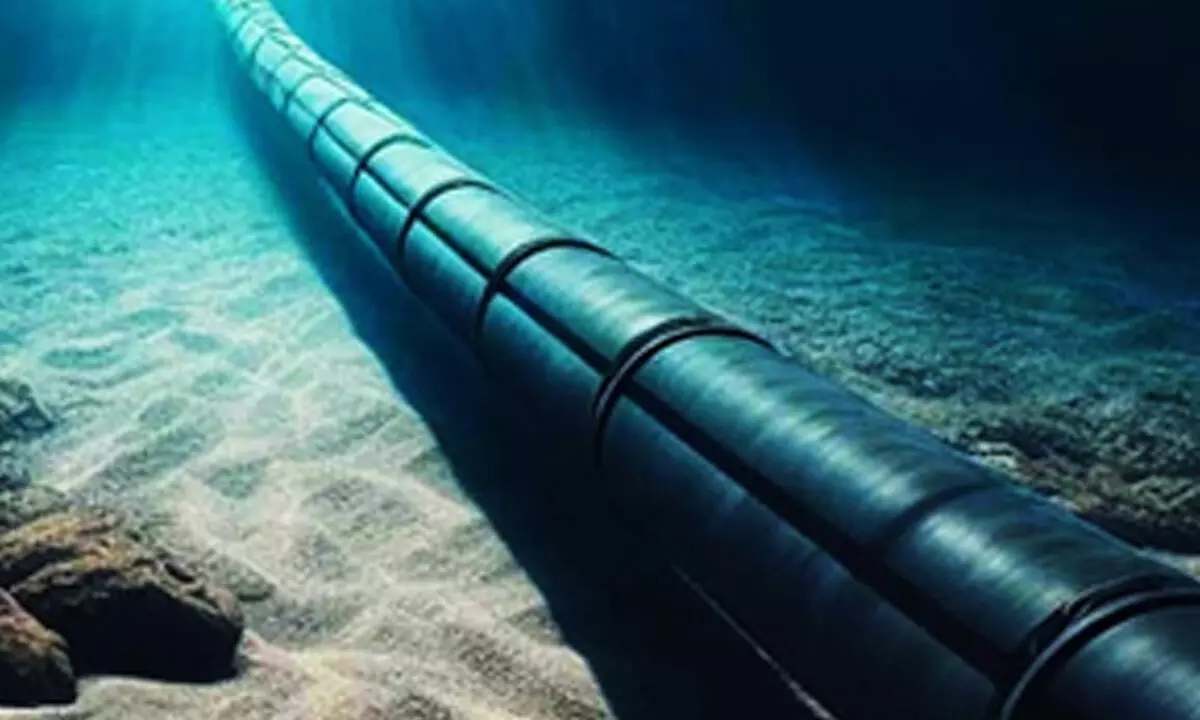Live
- Winter Session of Parliament Begins with Key Bills and Heated Debates
- BGT 2024-25: India begin trophy defence with triumph over Australia in Perth
- Supreme Court trashes pleas challenging insertion of ‘Socialist’, ‘Secular’ in Preamble to Constitution
- iPhone production reaches $10 bn in India in April-Oct, creates 1.75 lakh direct jobs in 4 years
- Australian govt orders national review into school bullying
- Isro's Busy End to 2024: Key Space Missions, Including Spadex and Proba-3, Planned for December
- Rajaka Udyoga Sangam new committee elected
- Astronauts Stuck in Space: Sunita Williams and Barry Wilmore's Mission Extended Until February 2025
- 'Muslims don't vote for JD(U)', says Union Minister Lalan Singh
- St. Joseph’s organises literary fest








